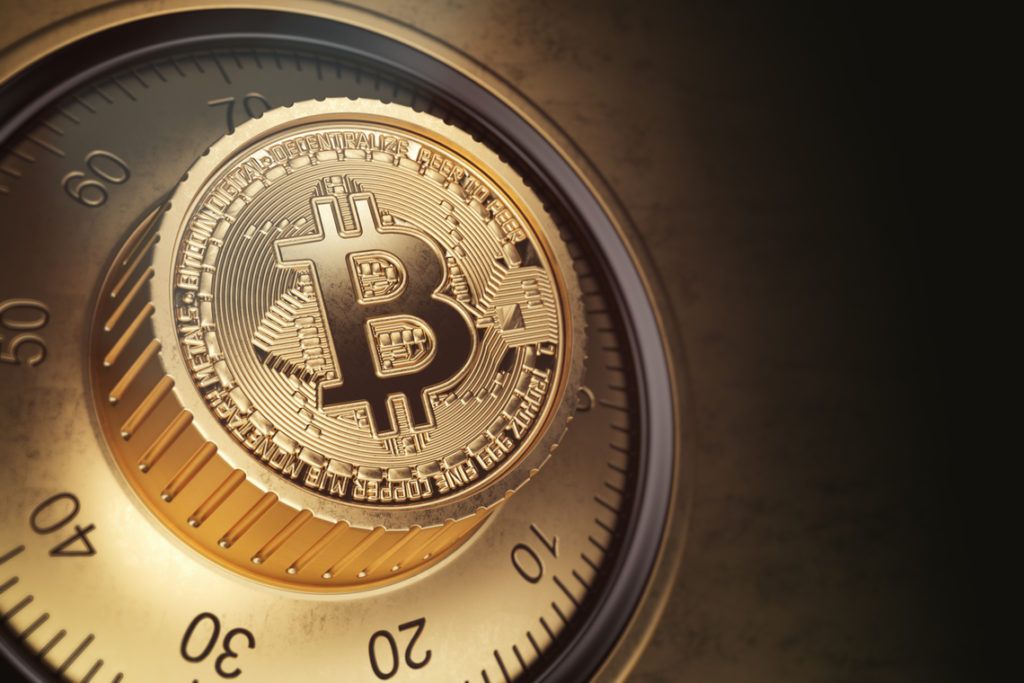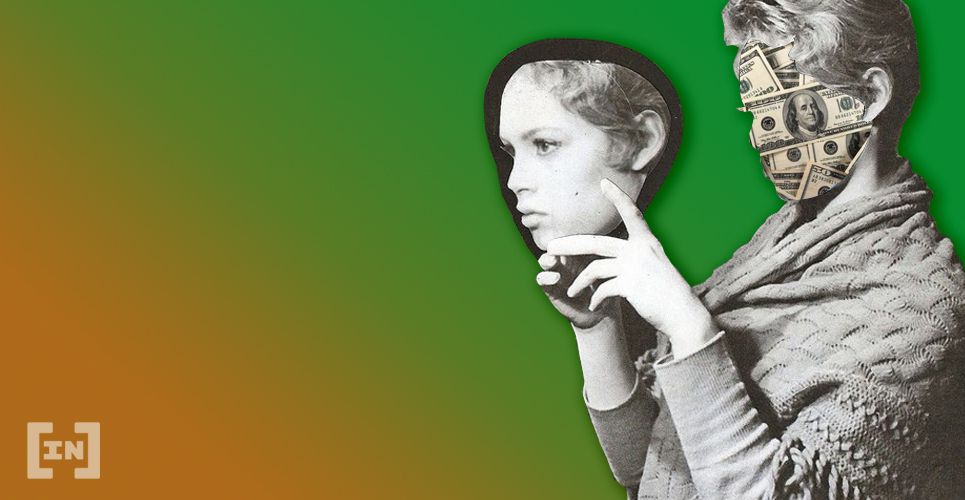An improving labor market has slightly raised wages and created many new jobs. However, financial insecurity in America remains high. Bitcoin may help provide a long-term solution for savings.
The Fed just put out a new 2018 report on the economic well-being of households. According to the findings, four in 10 American adults would be unable to afford a $400 expense — either with savings or credit cards. 27 percent of them would need to borrow or sell something for such an expense, while 12 percent would be unable to pay it at all.
However, the news is not all bad. The number of Americans who can afford such an expense as grown from 50 percent in 2013 to around 61 percent in this last report. Despite the small improvement, financial insecurity in America is still a reality to many in the country.

Financial Insecurity: Disparities on Regional and Racial Lines
The report also underscores existing disparities based on cultural, regional or racial lines. For example, just 52 percent of rural residents said their local economy was “doing well.” This is compared to 66 percent of urban dwellers who said the same. Seven in 10 white adults felt the economy was “good” or “excellent,” whereas fewer than half of all black Americans polled had the same response. However, across the board, most younger minorities believed that they were doing better than their parents with at least a bachelor’s degree. The report concludes that “this measure shows some evidence of narrowing racial disparities across a generation.”
Lukewarm Financial Growth
Although the report is tepidly positive, most indicators point towards bad news going forward. For example, most Americans are experiencing slight improvements in their material well-being at a time when financial markets are running out of steam. Sadly, the current benefits the majority of Americans are experiencing come at the tail-end of a positive economic trend since 2013. It’s likely that these short-term gains for most Americans will fall disproportionately harder for them if financial markets go into meltdown yet again. After all, we’re arguably due for another bust — as per the ‘business cycle.’
Bitcoin and a Savings Economy
Many commentators have spoken of Bitcoin as a possible hedge against financial calamity. There’s evidence the asset is ‘maturing’ and may serve as a stronghold if markets do end up going into meltdown. The problem is that, since so many Americans can barely afford a $400 expense, there’s little chance they’d want to entrust their money in an investment like Bitcoin (BTC). However, if we can trust the numbers that say middle-class Americans have the highest propensity to save, Bitcoin offers many benefits. Much of the culture around the leading cryptocurrency promotes the saving and storing of wealth. When contrasted to the current American climate of debt-financing and excessive consumer spending, it is easy to imagine why Bitcoin as an investment would be attractive to many. Do you think that current economic growth can sustain itself? Is financial insecurity a problem in the United States and around the world? Do you think Bitcoin offers a savings economy? Let us know your thoughts below.Disclaimer
In adherence to the Trust Project guidelines, BeInCrypto is committed to unbiased, transparent reporting. This news article aims to provide accurate, timely information. However, readers are advised to verify facts independently and consult with a professional before making any decisions based on this content. Please note that our Terms and Conditions, Privacy Policy, and Disclaimers have been updated.

Advertorial
Advertorial is the universal author name for all the sponsored content provided by BeInCrypto partners. Therefore, these articles, created by third parties for promotional purposes, may not align with BeInCrypto views or opinion. Although we make efforts to verify the credibility of featured projects, these pieces are intended for advertising and should not be regarded as financial advice. Readers are encouraged to conduct independent research (DYOR) and exercise caution. Decisions based on...
Advertorial is the universal author name for all the sponsored content provided by BeInCrypto partners. Therefore, these articles, created by third parties for promotional purposes, may not align with BeInCrypto views or opinion. Although we make efforts to verify the credibility of featured projects, these pieces are intended for advertising and should not be regarded as financial advice. Readers are encouraged to conduct independent research (DYOR) and exercise caution. Decisions based on...
READ FULL BIO
Sponsored
Sponsored
